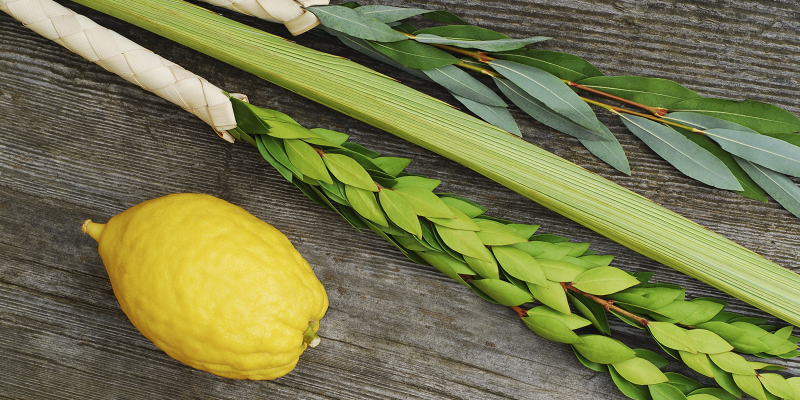What is Sukkot?
Sukkot is one of the most joyful festivals on the Jewish calendar. “Sukkot,” a Hebrew word meaning "booths" or "huts," refers to the Jewish festival of giving thanks for the fall harvest. The holiday has also come to commemorate the 40 years of Jewish wandering in the desert after the giving of the atop Mt. Sinai.
Also called Z’man Simchateinu (Season of Our Rejoicing), Sukkot is the only festival associated with an explicit commandment to rejoice. Sukkot is celebrated five days after Yom Kippur on the 15th of the Hebrew month of , and is marked by several distinct traditions. One, which takes the commandment to dwell in booths literally, is to erect a sukkah, a small, temporary booth or hut. Sukkot (in this case, the plural of sukkah) are commonly used during the seven-day festival for eating, entertaining and even for sleeping.
Our sukkot have open walls and open doors, and this encourages us to welcome as many people as we can. We invite family, friends, neighbors, and community to rejoice, eat, and share what we have with each other.
Another name for Sukkot is Chag HaAsif (Festival of the Ingathering), representing the importance in Jewish life of giving thanks for the bounty of the earth.
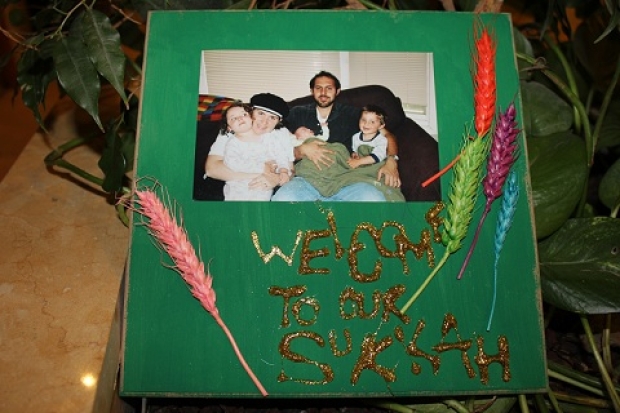
Welcome to our Sukkah Sign

Moroccan Sweet Couscous with Mixed Dried Fruits
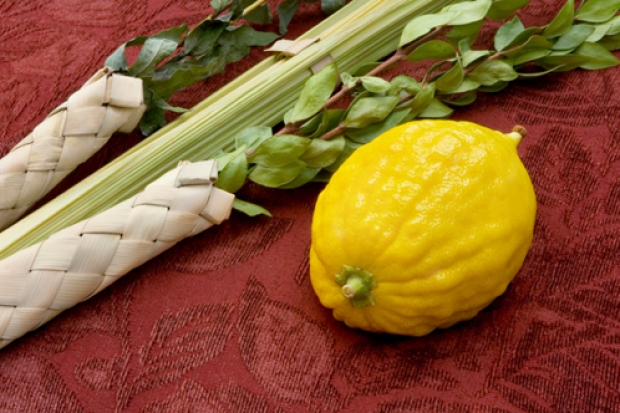
The Saga of the Citron
Get Jewish Life in Your Life
Subscribe to get inspiring email newsletters.
Find a Congregation
Find connection, learning, and spirituality at a Reform community near you.

Find a Sukkah Near You!
Sukkot and Simchat Torah Social Justice Guide
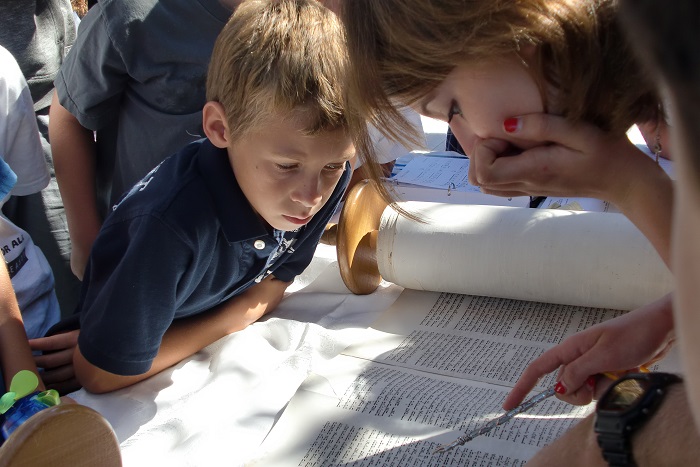
What's New
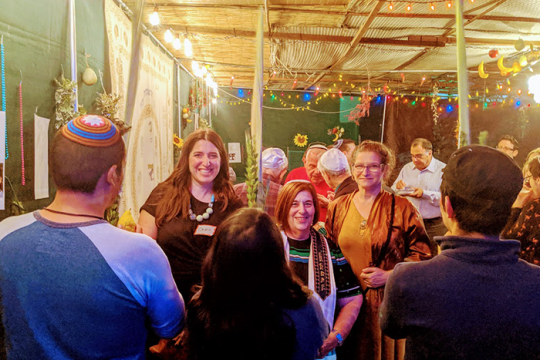
Building a Sukkah That Stands for Justice
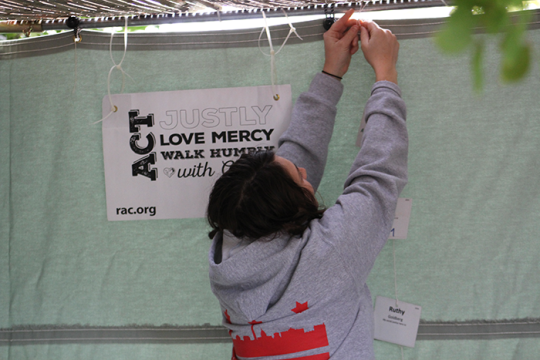
From the Sukkah to the Voting Booth: A Reform Jewish Call to Action
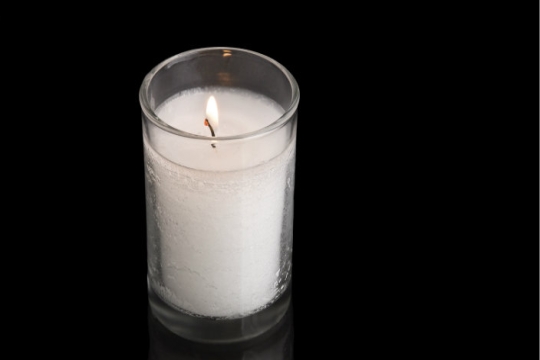
You’re Invited to Remember
GIVE THE GIFT OF TIKKUN OLAM
Honor a Jewish hero for justice by making a tax-deductible gift to the Union for Reform Judaism in his or her name. Your gift will provide funding for creative Reform Jewish programming and help ensure the continued growth and strength of Reform Judaism.
